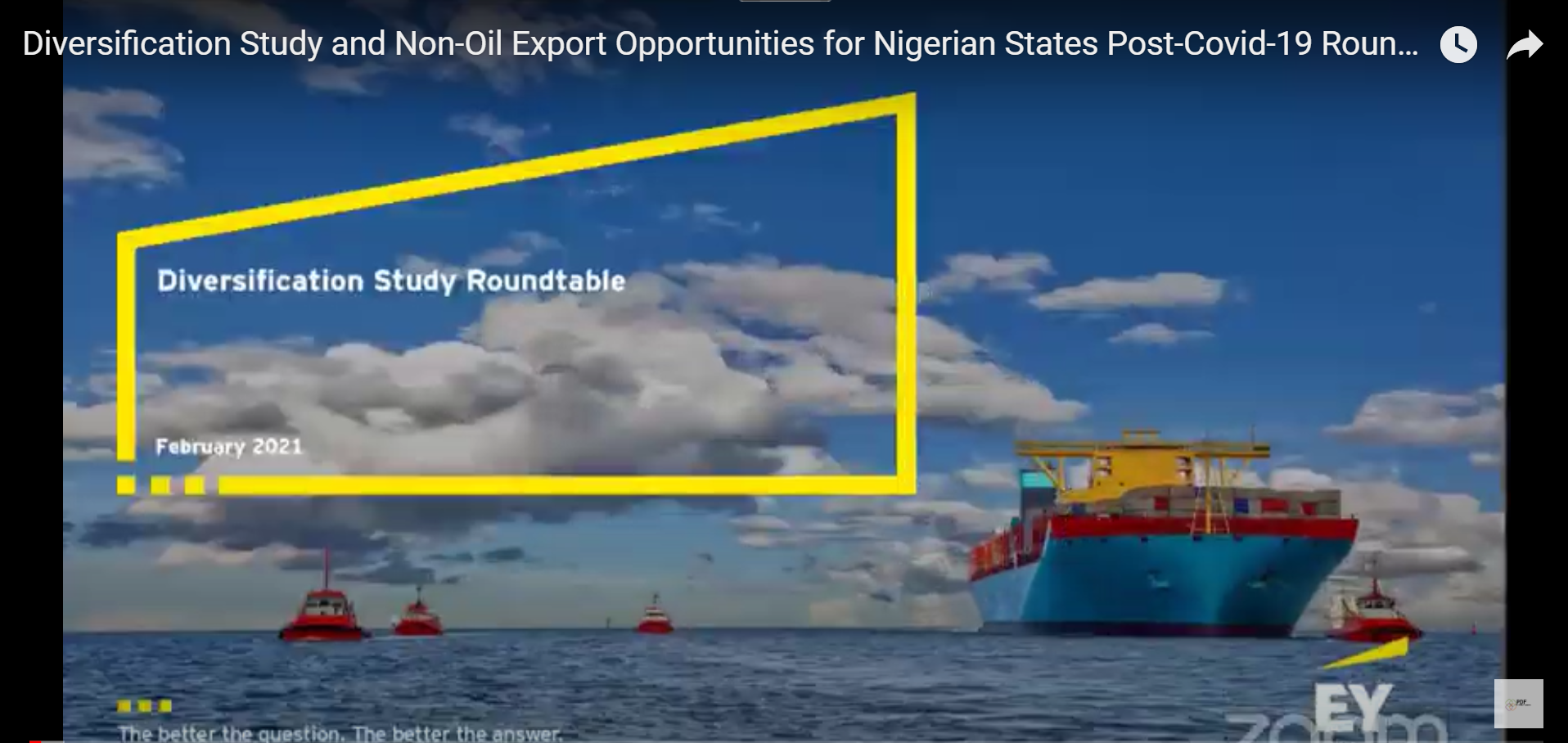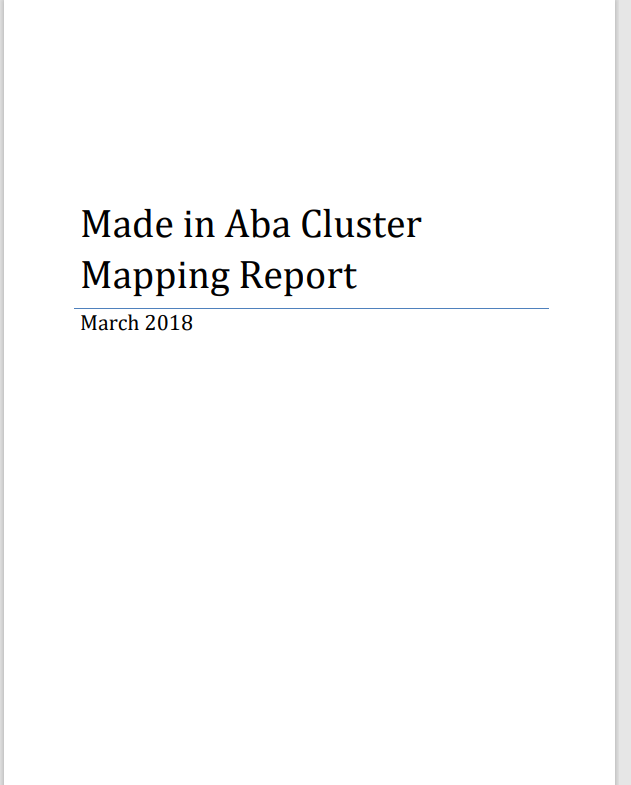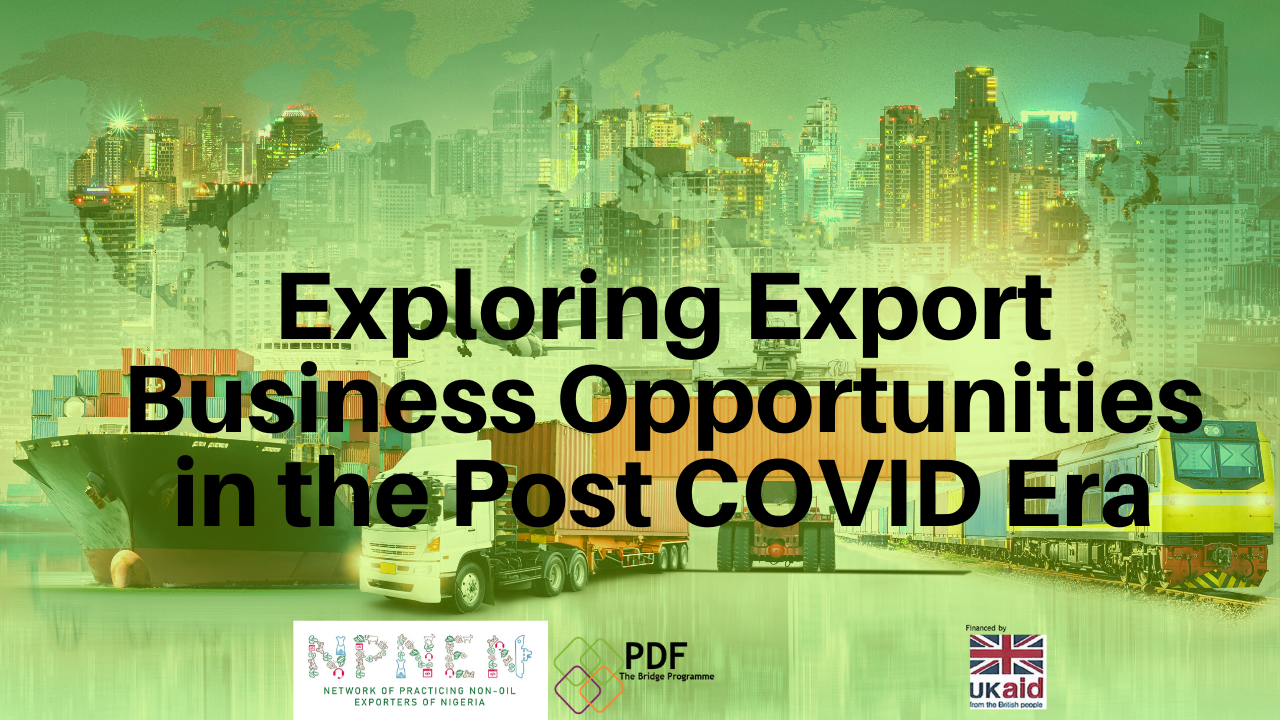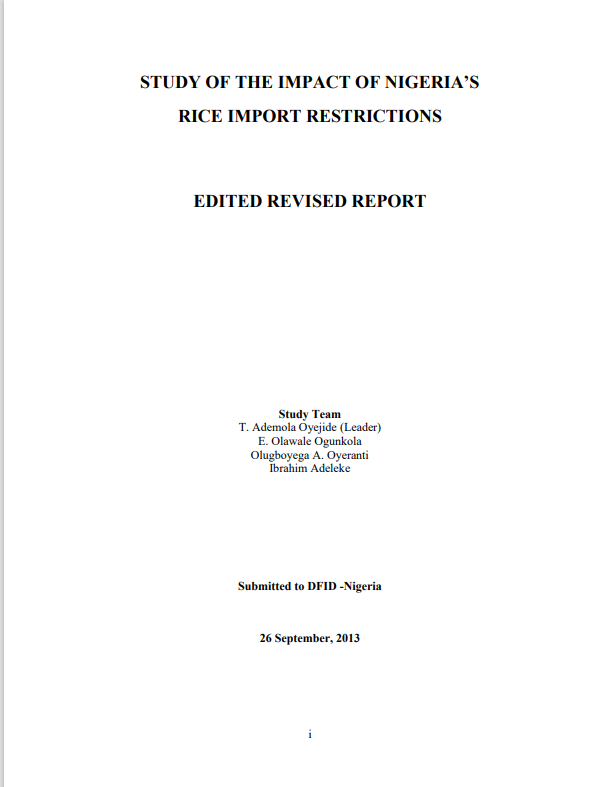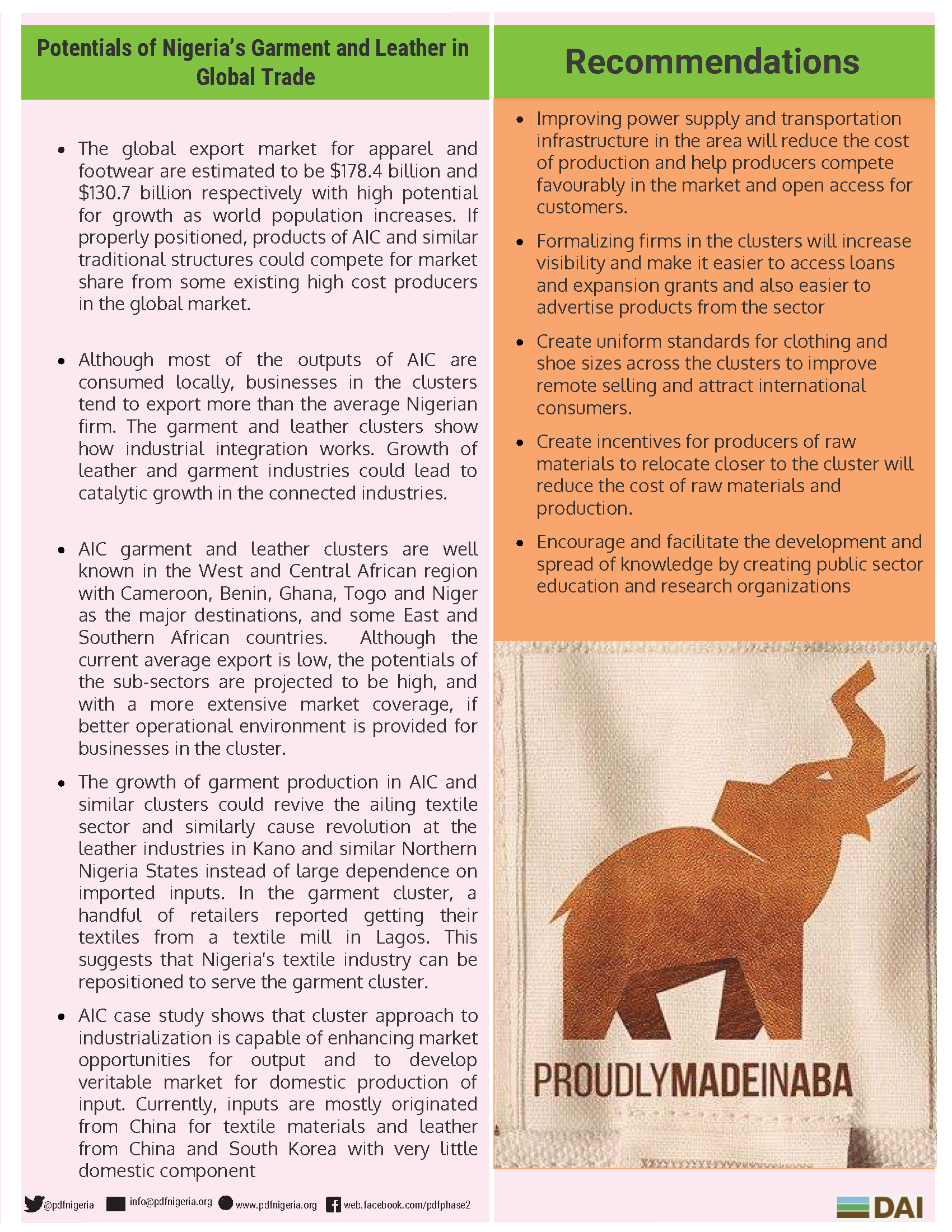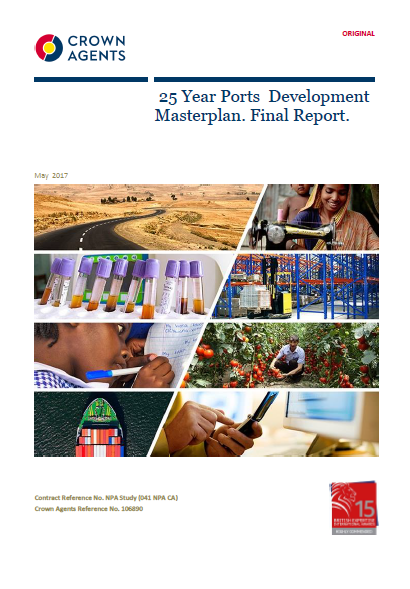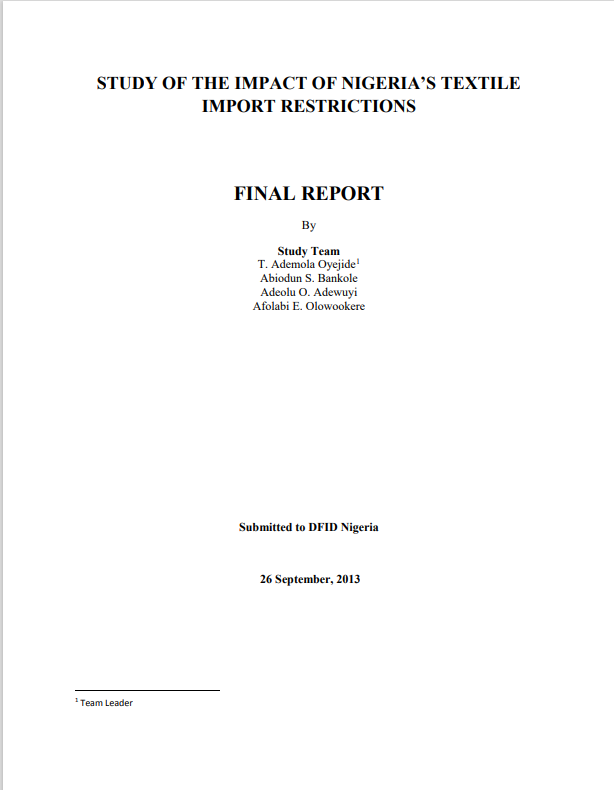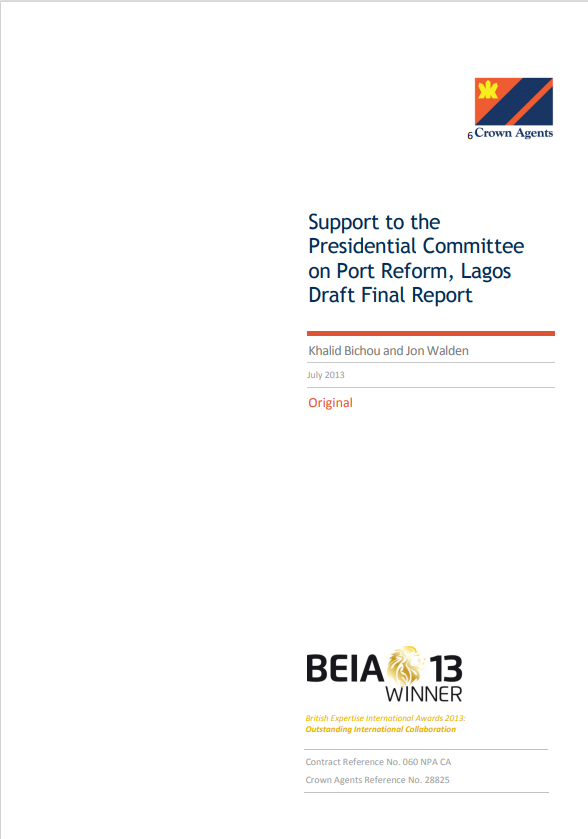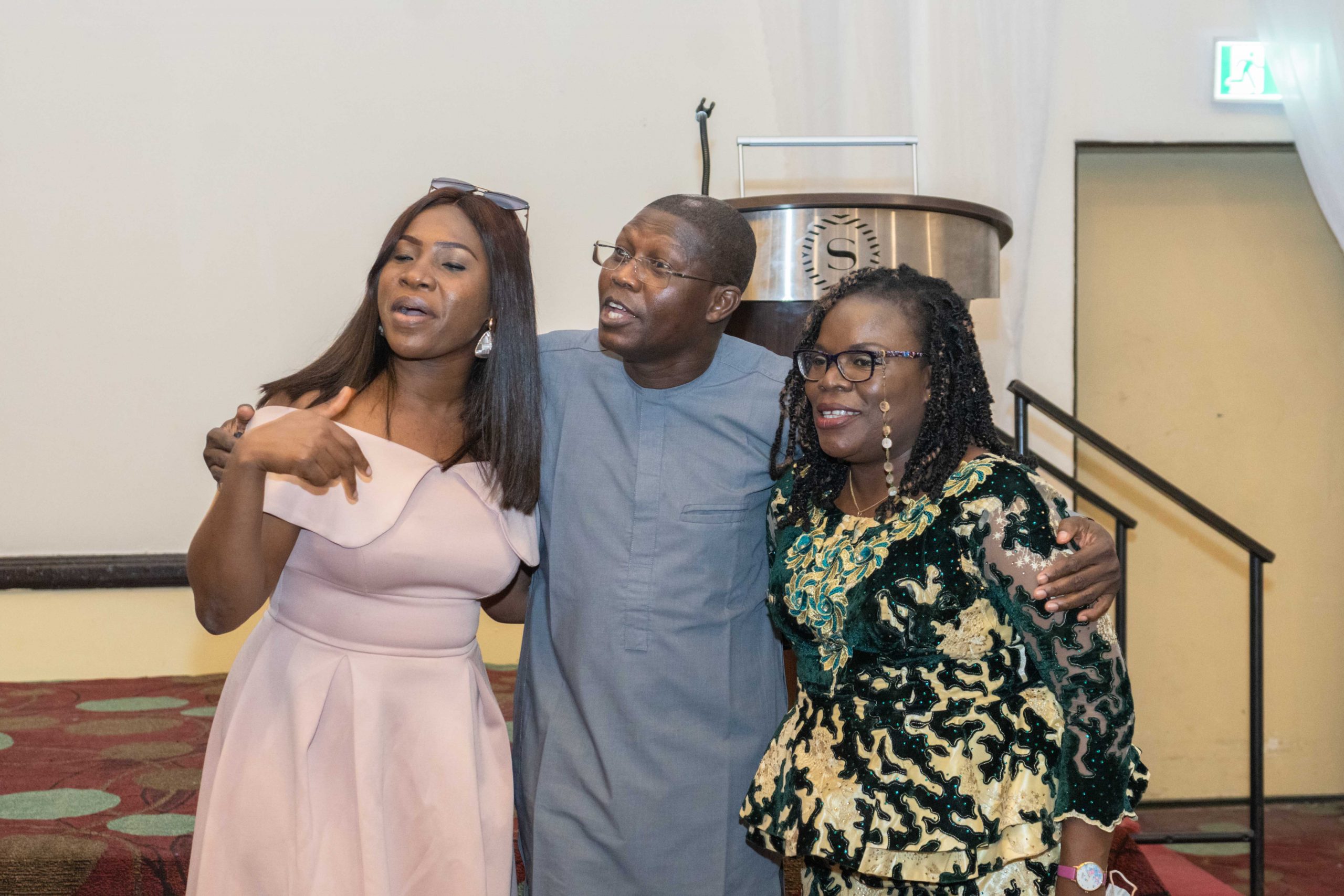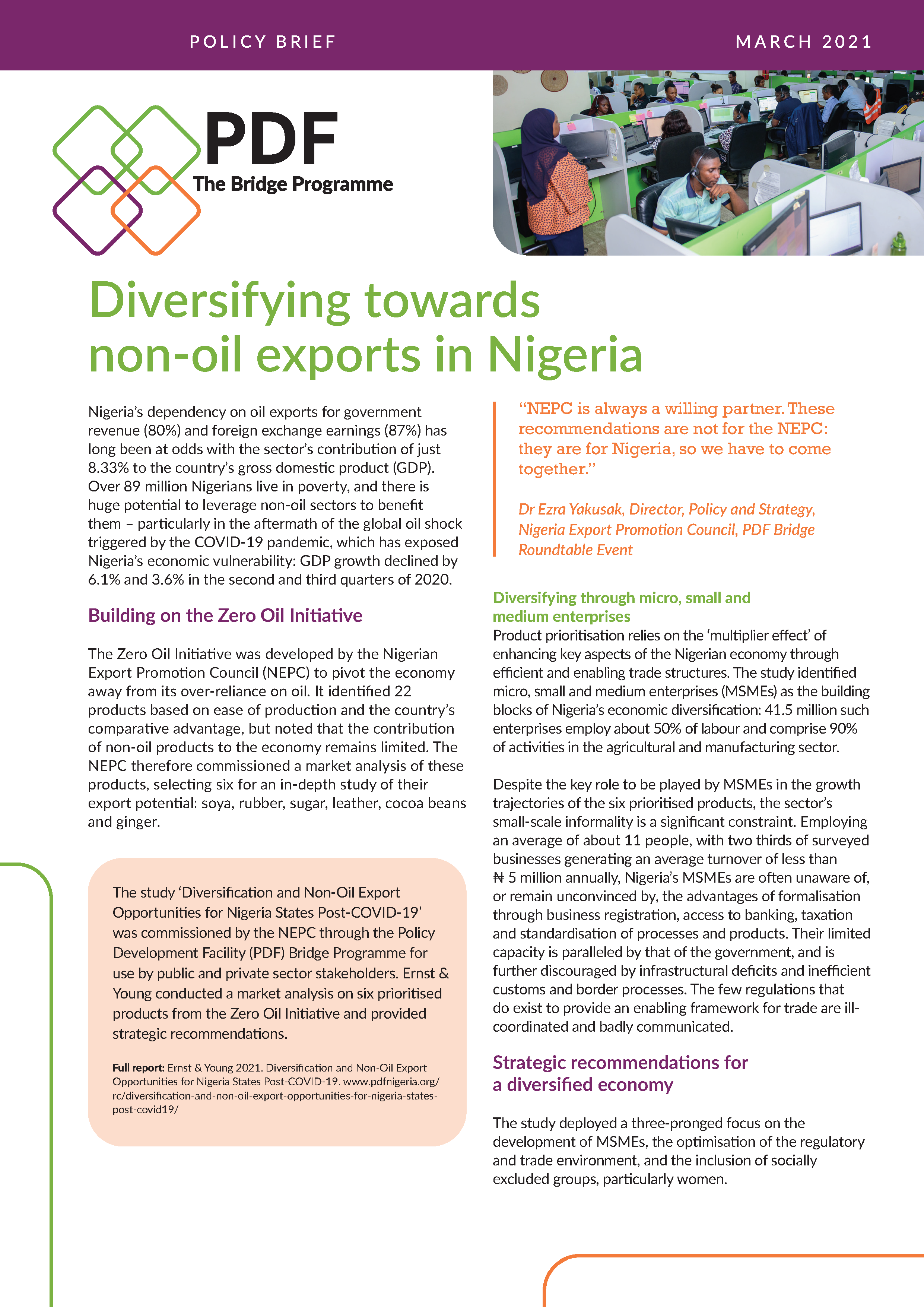A Roundtable Event on the Diversification Study and Non-Oil Export Opportunities for Nigerian States Post-Covid-19
The Policy Development Facility Bridge program (PDF Bridge) held a Trade Policy Roundtable to discuss the findings and recommendations from its recent study titled “Diversification and Non-oil Export Opportunities for Nigerian States Post-Covid19”.
The objectives of the policy roundtable were;
- To provide a forum for relevant stakeholders to learn about and discuss the findings from the Export Diversification study;
- Through discussions, generate recommendations on necessary actionable steps towards reforms, process restructuring, elimination of various challenges identified in the study, and implementation of the study recommendations.

